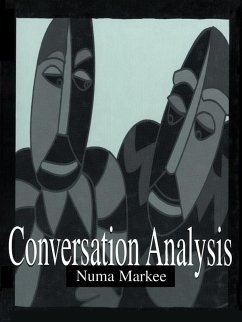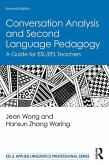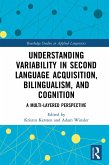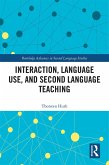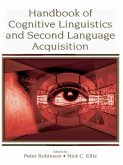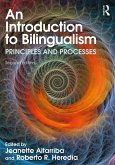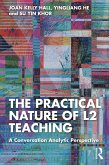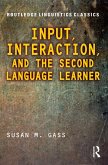Conversation analysis is a methodology that originated over three decades ago as a sociolinguistic approach but has since been adopted by scholars in a variety of other areas, including applied linguistics and communication. It is of great utility in second language acquisition research for its demonstrations of how micro-moments of socially distributed cognition instantiated in conversational behavior contribute to observable changes in the participants' states of knowing and using a new language. This volume describes the methodology in detail, discusses its relevance for current theories of SLA, and uses two extended examples of conversational analysis to show how learners succeed or fail at the job of learning the meaning of a word or phrase in conversational context.
This book is one of several in LEA's Second Language Acquisition Research Series dealing with specific data collection methods or instruments. Each of these monographs addresses the kinds of research questions for which the method/instrument is best suited, its underlying assumptions, a characterization of the method/instrument and extended description of its use and problems associated with its use. For more information about these volumes, please visit LEA's Web site at www.erlbaum.com
Dieser Download kann aus rechtlichen Gründen nur mit Rechnungsadresse in A, B, BG, CY, CZ, D, DK, EW, E, FIN, F, GR, HR, H, IRL, I, LT, L, LR, M, NL, PL, P, R, S, SLO, SK ausgeliefert werden.

